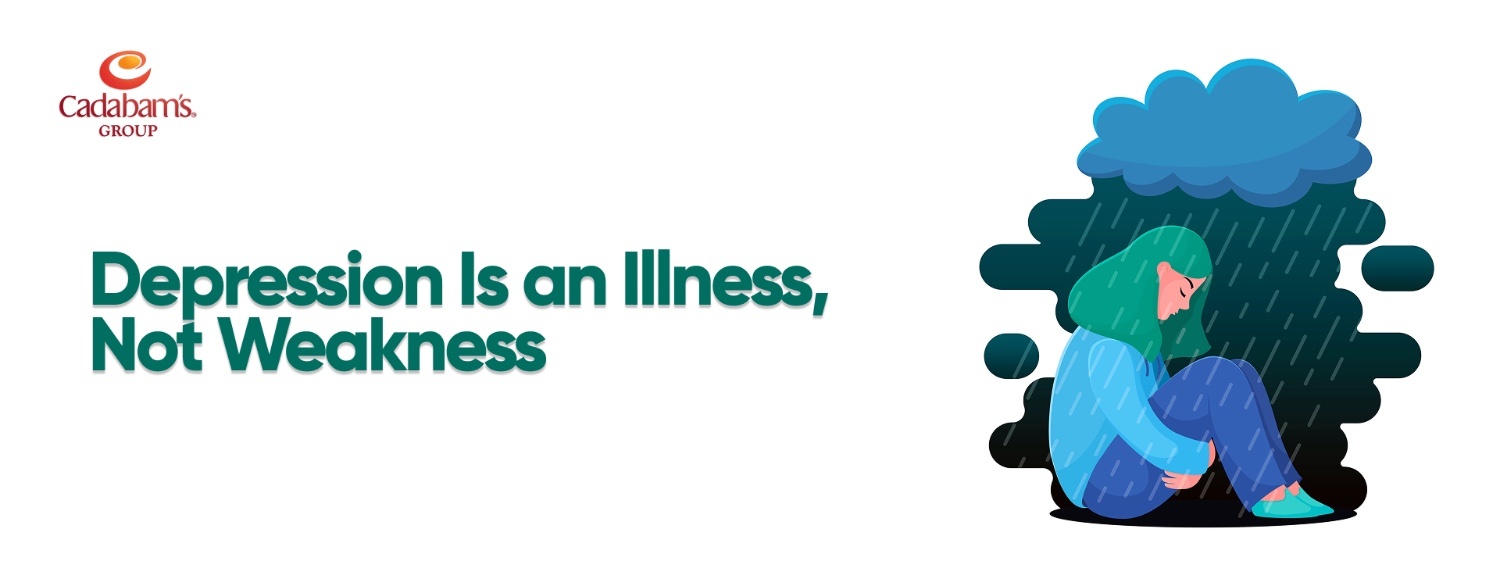“I don’t’ have the freedom to laugh loudly”- The title of the article comes from an experience shared by one of the patient diagnosed with mood disorder Or Bipolar Affective Disorder, in short BPAD. It revealed how an illness condition can have a life-long impact on a person’s life.
What are Mood Disorders?
Mood disorders are a condition characterized by extreme levels of high or low mood states. When a person experiences an extremely high mood state it is called a hypomanic or manic episode depending on the severity of the problem. In such an episode the person may be euphoric or highly irritable. Similarly, an extreme low mood state (extreme sadness) is called as depression which again can be categorized as mild to moderate, depending on the severity.
Though the mood is the prominent characteristic in such conditions, the person can have other symptoms as well. A manifestation of symptoms can be contingent on the polarity of the illness. For example, in the manic episode, the person may have inflated self-esteem while in a depressive episode it may be a low self-esteem. Similar is the case with socialization, energy and activity levels. Mood disorder is diagnosed when a person has multiple episodes of mania or hypomania and depression (talk to a mental health professional for more details).
Since mood is an integral part of life, differentiating normal mood state from an abnormal one is very crucial. Generally, it was found that any intense emotion displayed by a patient was perceived as an illness condition. In such scenarios, the patient feels stressed about being restricted in their emotional expressions. It was also found that even the slightest change in the routine of a patient can alert and worry about the closed ones. It can even make the family members doubt about patient’s medication compliance (how strictly the patient follows the medical advice, including taking medicines at the proper time). These undue worries and doubts though stemming from an intention to help can result in unnecessary arguments and thereby act as a detrimental factor in the process of recovery.
Mood Disorder Treatment
Gaining knowledge about the disorder is the most important part of the intervention. Psychotherapeutic sessions can help the family in learning how to differentiate between normal and abnormal mood states; what can be expected in an illness episode and in a normal state; the early warning signs of an episode, when and how to intervene? When not to intervene? And how to discuss with the patient if you suspect a relapse is happening.
.webp)
.jpg)






